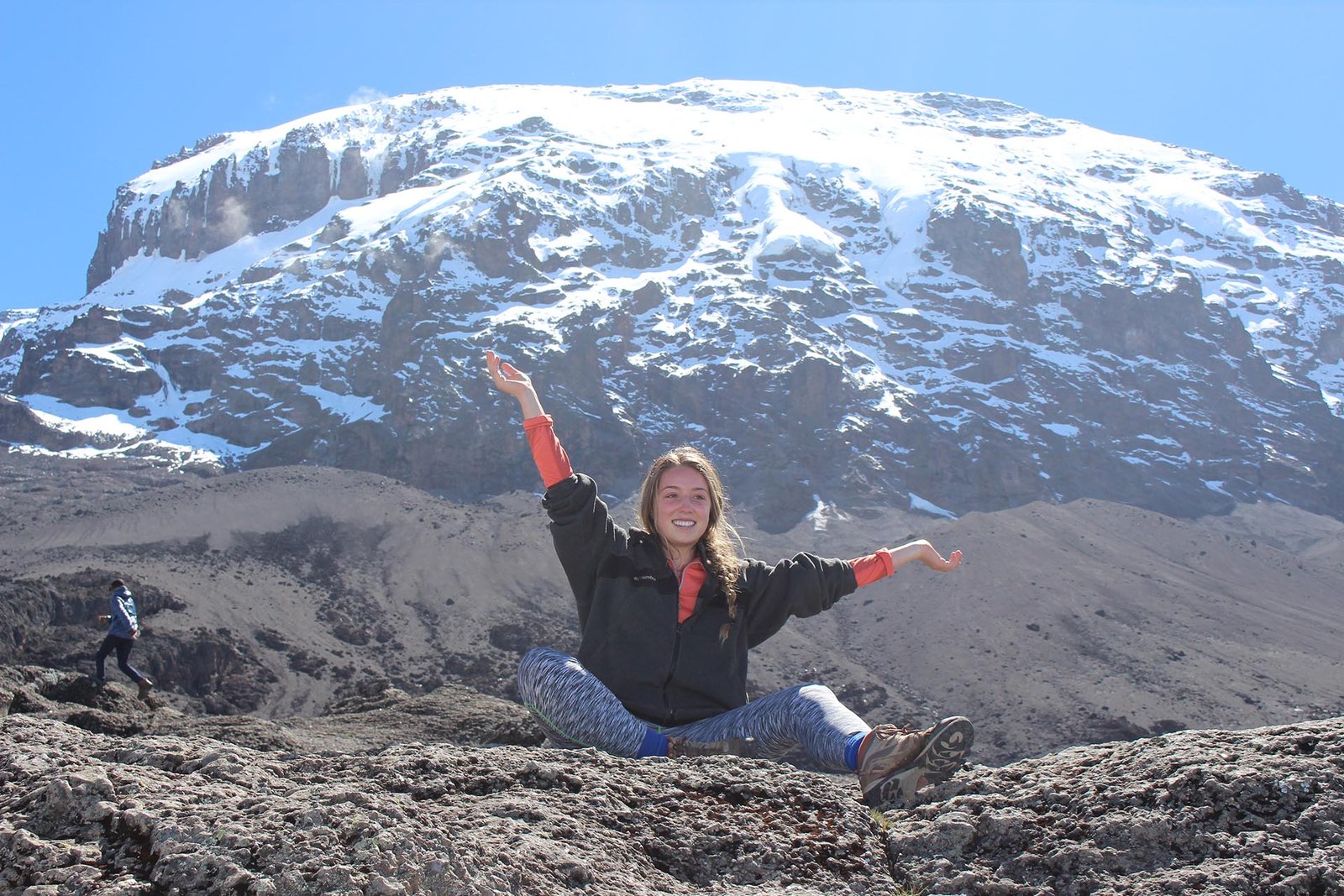1 – Don’t use caffeine at high altitudes.
We don’t know where this false assumption came from, but likely from the fact that caffeine is a mild diuretic (makes you pee). The concern is that it could dehydrate you and contribute to altitude sickness.
This concern is unfounded unless you drink pots of black sludge coffee a day and little else. In reality, caffeine stimulates your brain, kidneys, and breathing, all of which are helpful at altitude. And for those people who drink several caffeinated beverages a day, stopping abruptly can cause a profound headache.
2 – Diamox masks symptoms of high altitude sickness.
Taking Diamox to prevent AMS will not mask symptoms. It works on the same pathway that your own body uses to help you acclimatize. It is a carbonic anhydrase inhibitor that makes you urinate a base chemical called bicarbonate.
This makes your blood more acidic and therefore stimulates breathing thereby taking in more oxygen. It speeds up your natural process of acclimatization and if you stop taking it you will not have rebound symptoms. It is one of the main medicines doctors use to prevent and treat acute mountain sickness (AMS).
3 – Physical fitness protects against high altitude sickness.
Physical fitness offers no protection from altitude illness. In fact, many young fit athletes drive themselves too hard at altitude prior to acclimatizing thinking they can push through the discomfort. They ignore signs of altitude illness thinking it can’t affect them because they are fit and healthy. Everyone, regardless of fitness, is susceptible to AMS.
4 – Drinking extra water will protect you from high-altitude illness.
Staying hydrated is important at altitude. Symptoms of dehydration are similar to AMS. In reality, you only need an additional liter to a liter and a half of water at altitude. Too much water is harmful and can dilute your body’s sodium level (hyponatremia) causing weakness, confusion, seizures, and coma.
A good rule of thumb to assess for hydration is to check your urine. Clear urine indicates adequate hydration, dark urine suggests dehydration and the need to drink more water.
5 – Children are more susceptible to high-altitude illness.
Several studies have shown that children have similar rates of altitude illness as adults. No evidence exists that children are more susceptible to altitude. If your child is otherwise healthy and the basic rules of acclimatization are followed they will likely do well at altitude.
Children do get altitude illness and the main challenge in those very young is that they can’t communicate their headaches and other symptoms. Excessive crying in a baby during the first 1-2 days at altitude could be altitude illness. Children with AMS bounce back quickly with treatment as do most adults.


Thank you admin for these useful details, we plan to climb Mount Kilimanjaro in February 2022, we will contact you when we are ready.
Thank you for visiting our website, do not hesitate to contact us when you are ready to climb Kilimanjaro, you will never regret working with Sote Tours professional team, we change your dream to be true.